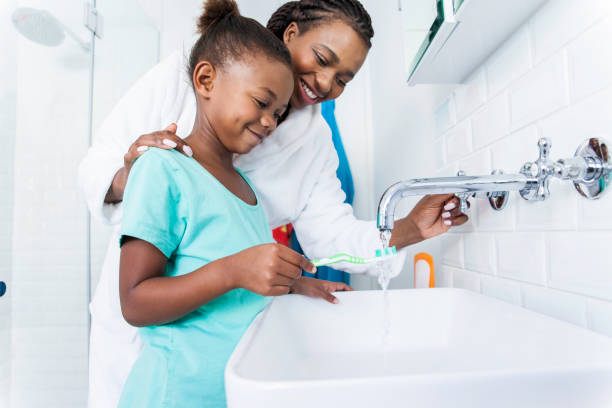Enter your email to receive the CareQuest newsletter:
Blog
Want to hear from industry experts who are working to increase access, equity, and integration in the oral health industry? Curious about the new innovations and emerging best practices that are shaping the future of care? Explore our blog to find the stories, perspectives, and ideas that paint a picture of progress and change in oral health.

Stay Informed
Get the latest oral health news, stories, resources, and education in our newsletter. Check out a sample newsletter.
Share Your Story
Share your story – and your voice – with the oral health community.
Press Releases
Stay up to date on CareQuest Institute news, issues, and research.
In the News
See how CareQuest Institute’s work is influencing the industry.
Throughout her career, Gretchen Henson, DDS, has provided personalized prevention recommendations for patients, knowing that they all have different backgrounds and lifestyles.
“I spend so much of my appointment trying to figure out what their home life looks like, so we can tailor a plan for them,” Henson says.
Early childhood caries remains the most common, preventable infectious disease among children in the United States.
Preventing them is not always easy, though.
Giving back to the community is in Dr. Lauren Rush’s DNA.
Many of the patients Lauren Rush, DDS, sees at MyCare Health Center in Michigan have to choose between taking care of their own personal health or putting food on the table for their family.That’s because at MyCare Health Center, a Federally Qualified Health Center (FQHC), most patients are enrolled in Medicaid. That means they have issues accessing oral health care, whether it’s due to finding reliable transportation, getting childcare so they can go to their appointment, or getting time off work.